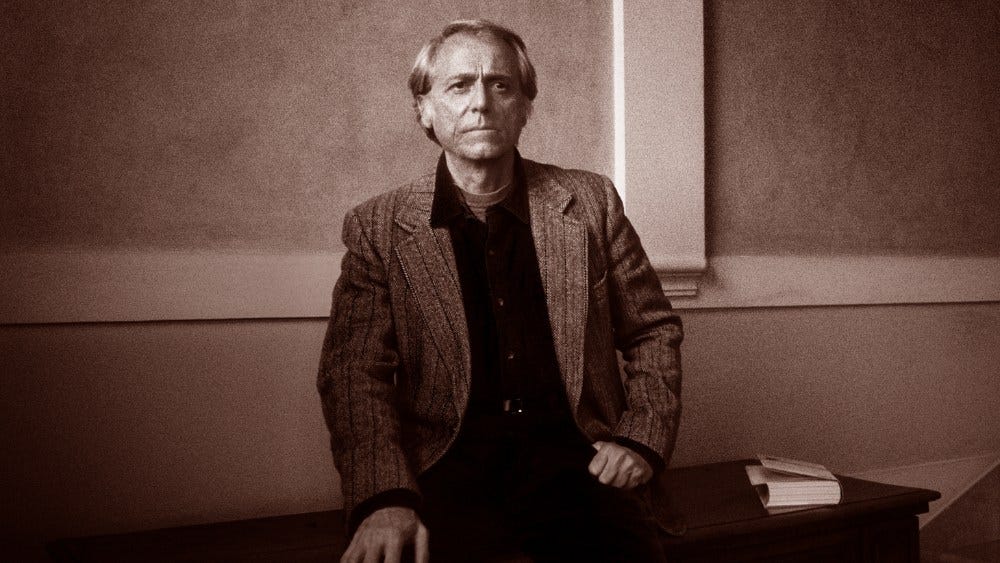End Zone
By Don DeLillo
Originally read and reviewed on Goodreads on April 8, 2014
★★★★★
200 pages, Paperback
First published January 1, 1972
"The language game is so to say something unpredictable. I mean, it is not based on grounds. It is not reasonable (or unreasonable). It is there—like our life" - Wittgenstein
Once in Jr. High, I was playing a game of rugby (or as close to a game of rugby as you can get weighing 95lbs at a small private school in Provo, UT) and was totally blindsided during the 'game'. There was a moment after I pulled my face out of the dirt where I tasted both blood and clarity. Everything seemed at once to possess a pure obviousness and explode at the same time. Yes. That is the same feeling I got after I put down 'End Zone'. I shouldn't be surprised. I've been nailed by DeLillo before. Many times before. 'Mao II' and 'Libra' both laid me flat. 'White Noise' and 'Underworld' both hinted at, promised some grand apotheosis about life or the world.
'End Zone' is about language and war and men and death. It is about football. But don't get confused because war is not football, only football is football and only war is war. DeLillo wants to play linguistic games at Logos College. He wants to push language across the field. He wants blood in the syntax and grass in the prose. He wants his gladiators speaking prose poems, taking courses in "the untellable", discussing Wittgenstein, or screaming in German. DeLillo wants a university separated from the world. Isolated in Texas. In a space that exists separate from almost everything but football and fat girls. He wants to explore the chants of men. The dialogue of competition. The book could have easily slipped into a silly farce, a parade of prose, an onanistic literary game, but DeLillo comes at it with such subversive energy that he makes you forget who is holding the ball, or why the game even matters.


